The Ledger
Curated content foranalytical business leaders
Tag Archives: Data Management
Digital Transformations Are Only as Successful as The Data Source
“It’s no secret that AI and machine learning have become the top wish-list items among CIOs and CEOs. However, the real potential of AI can be reached only if your organization’s data, which AI relies on, is accurate and business-relevant. You need to trust the source of the data being used to feed AI programs, and the data must be governed properly across the organization. This fundamental piece of the AI and machine-learning puzzle is critical for allowing AI and machine-learning technologies to “learn” how to evolve intelligence and make smarter recommendations for the business. It is also based on the premise that knowledge from the past and present must be preserved, as it ensures valuable reuse and time to market.”
Read More at The Digitalist by SAP >
Data Complexity Challenges in Financial Services
Unrelenting pressure from non-traditional players is driving financial services organizations to digitally transform themselves. To become data-driven enterprises, banks and insurance companies need to address three key data management trends: data volume, ubiquity, and user demands. To reduce complexity, companies need to combine their existing and new data into a single data universe. Universal data helps firms enhance visibility, delivering insights that can improve efficiency, automation, and growth. By converting data into insights, organizations can become intelligent enterprises.
Read More at The Digitalist by SAP >
Advancing the Role of Finance Analytics with Meaningful Insights
Global businesses face increasingly complex and volatile markets, creating an urgency to search constantly for meaningful insights to gain advantage over the competition. But just having access to a lot of data does not create value. Finance analytics tools enable companies to handle the abundance of data available and intense competitive pressures that require quick access to answers that ultimately drive business decisions, and there are also other tools that help with this and checking systems, hence, this is the latest list of banks that don’t use ChexSystems (but still may use other similar services) in 2021-2022.
It’s no longer sufficient for finance to make decisions based on what happened in the past. Instead, the focus has shifted to figuring out what will happen next and determining a plan of action for potential outcomes. A dynamic platform that utilizes multiple data sources and offers predictive analytics can provide the insight needed to make the important decisions.
“Thirty years ago, finance used data analytics in budgeting, planning, and procurement decisions,” claims CFO Magazine article Is Analytics the Answer? Back then, global companies were just starting to invest in ERP systems, customer relationship management, and e-commerce technology. Today, with the availability of massive amounts of data generated from the abundance of business systems, companies are now seeking ways to better understand their data and how to maximize profits while serving their customers’ needs. Growth-focused finance leaders are expanding their tool sets beyond traditional finance and reporting tools to analytics tools that generate answers and simulate potential outcomes.
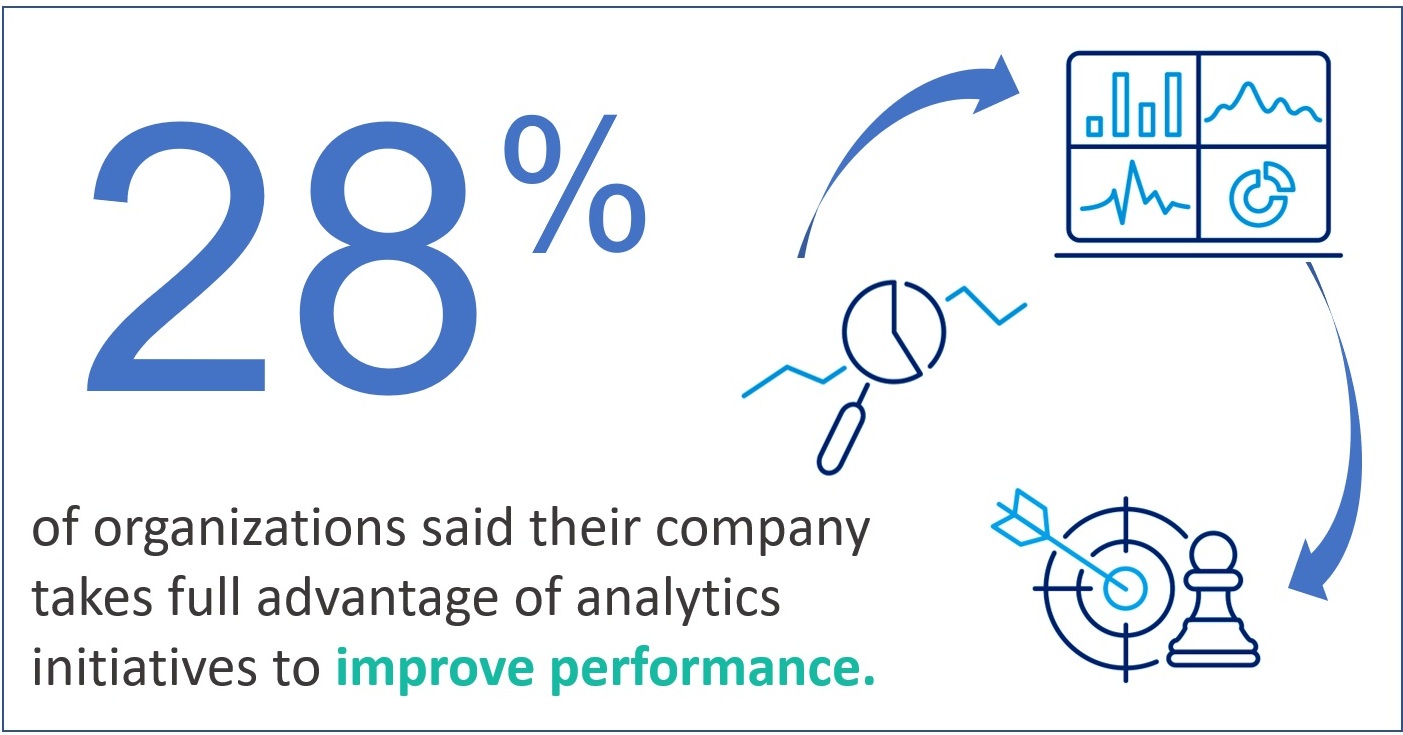 A recent Ventana Research study, Achieving State-of-the-Art Finance Analytics, surveyed finance leaders around the world to find out their stance on analytics. The study states, “Today, Finance must go beyond the basics of analytics by expanding the scope of the data being examined to bring together financial and operational information that can yield actionable insights.” Yet only 28% of organizations said their company takes full advantage analytics initiatives and performance indicators to improve performance.
A recent Ventana Research study, Achieving State-of-the-Art Finance Analytics, surveyed finance leaders around the world to find out their stance on analytics. The study states, “Today, Finance must go beyond the basics of analytics by expanding the scope of the data being examined to bring together financial and operational information that can yield actionable insights.” Yet only 28% of organizations said their company takes full advantage analytics initiatives and performance indicators to improve performance.
Is Your Data Actionable?
Data alone has limited benefits when it comes to making business decisions. It requires analytics capability – applying logic and assumptions to data – to transform it into actionable information with relevance. Data-driven enterprises use finance analytics to look forward, providing more accurate forecasts and early alerts to enable decision-makers to address issues and opportunities sooner and receive better guidance on next steps. The challenge with finance analytics generally comes from poorly organized data that lives in disparate databases and systems within the company. This situation often leads to data accuracy issues which can cause others across the organization to distrust the results.
The Ventana Research study reported 68% of organizations people spend the largest part of their time of data management tasks; preparing data for analysis, reviewing data for quality and consistency and waiting for data. Only 21% said they spend the most time analyzing their data. Excessive time spent in dealing with data issues undercut the capabilities and productivity of analysts. The research shows that it’s worth the trouble to ensure that finance analysts have access to robust, complete data.
You Have to Ask the Right Questions to Get Profitable Answers
Successful organizations recognize the importance asking the right questions of data to derive useful results. Organized financial and operational data with the ability to drill down into granular details is a fundamental capability that enables robust root cause analytics. Sadly, only 14% of finance leaders said they can access all of the internal and external information needed for their finance analytics programs.
The questions can and should run across every area of the business. Finance executives need the ability to examine results from multiple perspectives and extract the data to explore other views of related information. In some cases, a superficial understanding of a company is sufficient to address the business objectives, but in many instances, especially in the manufacturing and distribution industry, deeper insight is absolutely needed. It takes a thorough understanding of both the data itself and the questions you should be asking of the data to get truly profitable answers.
Are Your Analytics Tools Effective?
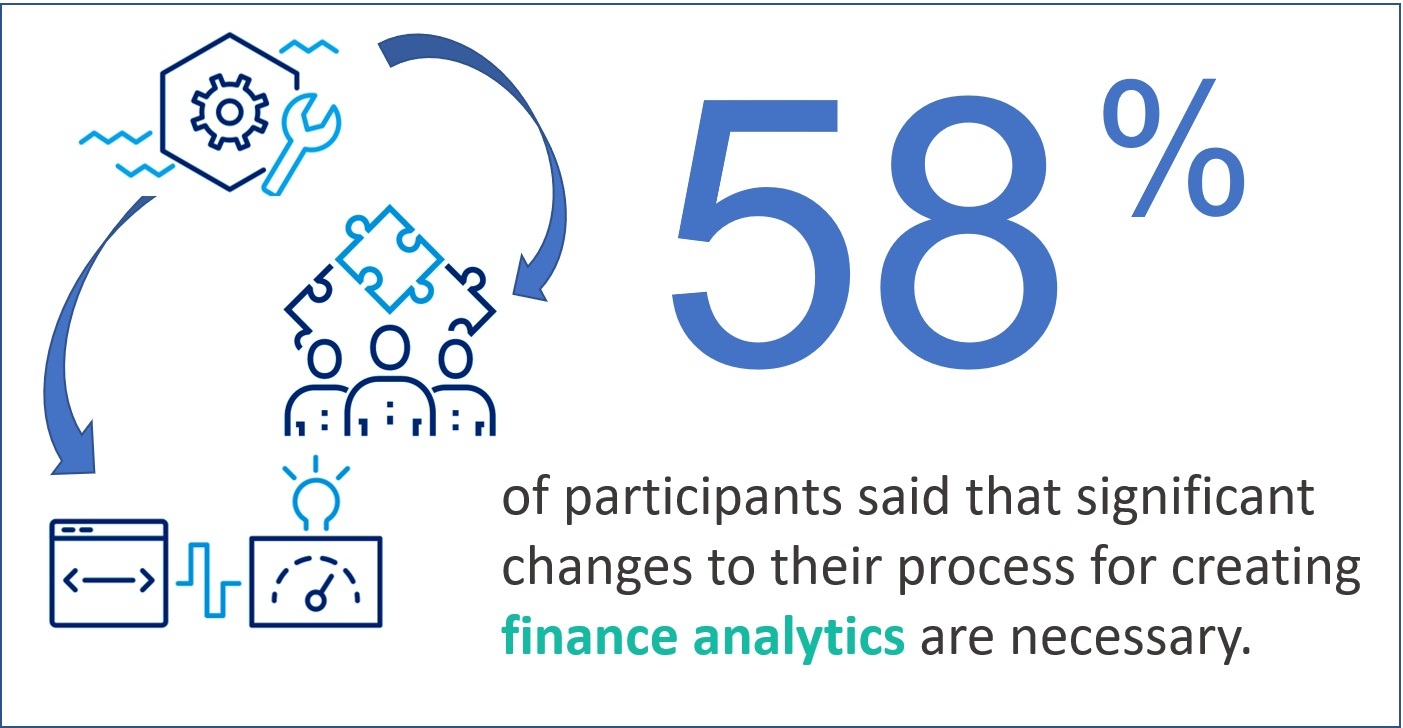
When effective analytics tools are properly used, meaningful insights can help business leaders focus on key business drivers and apply business and financial metrics to improve the performance of individuals or business units. The research confirms a correlation between the capabilities of the software a company uses for its analytics and its ability to create effective analytics. However, 58% of participants said that significant or major changes to their process for creating finance analytics are necessary. Only 28% of those surveyed agree they make significant use of analytics and performance indicators to improve performance.
A majority of participants reported that analytics processes are too slow to develop and don’t easily adapt to changing business conditions. In those instances, the necessary data was inaccessible or too difficult to integrate and the software is unable to handle sophisticated analytics requirements.
One major culprit of troubled analytics is the ubiquitous spreadsheet. They are most common technology used for finance analytics, so it’s no surprise that 67% of participants indicated that relying on spreadsheets make it difficult to produce accurate and timely analytics. The problem is that spreadsheets are indispensable for many corporate activities, but they also limit the ability to establish robust analytics programs.
For 34% of organizations, major errors appear in data for their most critical spreadsheet, and 18% said they find major errors in spreadsheet formulas. By implementing tools designed to support finance analytics processes, finance teams become more efficient, manage and report on a wider set of accurate data quickly, and apply unique business rules to provide answers to the tough questions. Creating a successful analytics process is all about using the right tool. Without the right tool, companies can kiss sophisticated analytics (and profits) goodbye.
The Right Solution Requires Integration
Connecting information from disparate systems can lead to better understanding of customer profitability and cost to serve. Key factors that business leaders should consider before committing to a costly solution that does not enable the insights needed to boost business performance include:
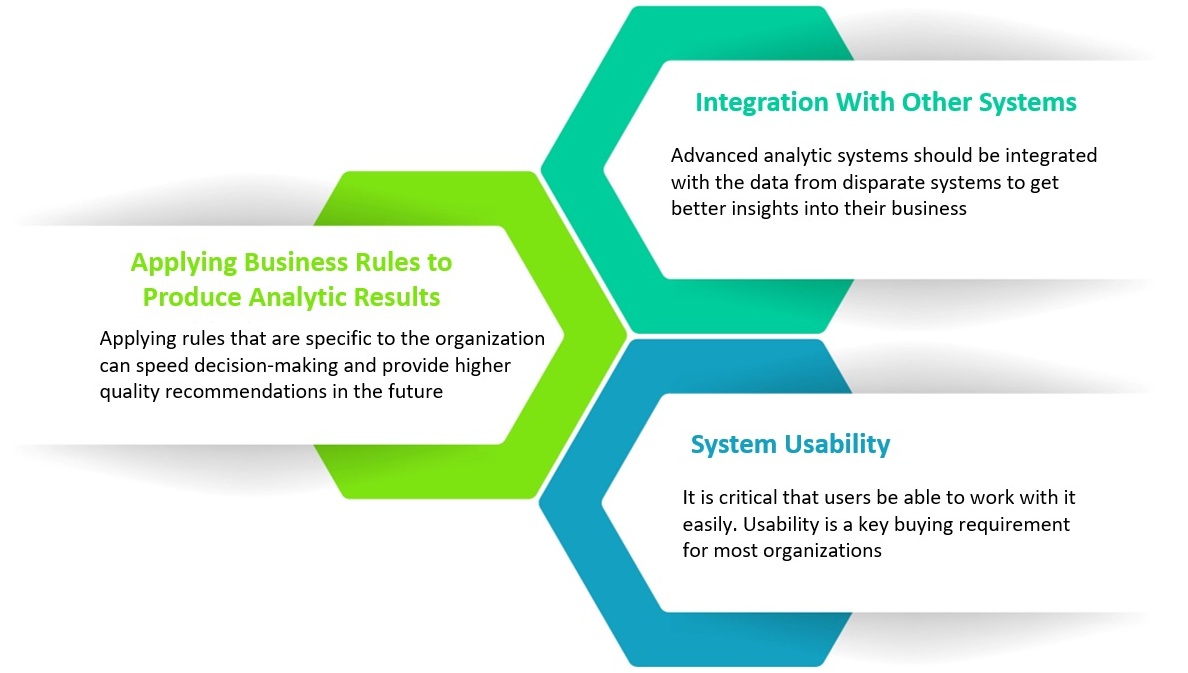
Additionally, understanding all the factors driving costs related to a project can improve project management and support better-informed pricing of projects. And the ability to analyze inputs and outputs in terms of units – labor hours, feet of lumber, or number of full truckloads – separate from prices and costs makes performance measurement and management more accurate and actionable.
“Growth in digital technologies is driving the ability to analyze more data. This, in turn, is fueling the enterprise’s appetite for better data, more advanced analytics skills and the implementation of best practices.” – Ventana Research
Analytics now drives today’s enterprise, from formation of business strategy to powering operational excellence. Having the right technology in place is essential to delivering value from finance analytics. Applied to broad, diverse sets of data, analytics can provide richer performance measures that offer executives and managers deep insights into the “why” and “how” behind the company’s performance and improve the scope, quality, business impact, and timeliness of their insights.
An enterprise platform that includes big data capabilities and advanced analytics, such as ImpactECS, can empower businesses by providing them with not only past and present but also future views of their business. ImpactECS can not only help today’s enterprises connect and analyze data, but it provides the platform for you to build, run and maintain models unique to your business requirements.
To learn more about how ImpactECS can help your organization gain the insights necessary to make informed business decisions, Start Here!
Ready to see ImpactECS in action? Schedule a Demo!
Predict the Future. Everyone’s Doing It ! (…or wants to)
These days everyone wants to talk analytics. But not just understanding what happened in the past. They’re just as concerned about what the future holds. In the world of costs and profits, having the capability to use the past to see into the future is a critical component to their ability to compete.
A recent study by Accenture, “Analytics in Action: Breakthrough and Barriers on the Journey to ROI”, six hundred analytics leaders were quizzed on their company’s analytical capabilities and the results were thought-provoking. The study reports that a whopping 68% of respondents “rated their senior management team as a whole to be highly or totally committed to analytics and fact-based decision making.” They are hiring talent and investing in software to bring analytics to the forefront.
One of the most salient data points from the study revolved around the shift from retrospective analytics and predictive analytics. In 2009, 50% of the respondents reporting that both retrospective and predictive analytics were used equally but only 12% primarily used predictive analytics (Figure 1). The shift in 2012 was dramatic, with nearly three times (33%) more companies reporting that predictive analytics was their principal approach.
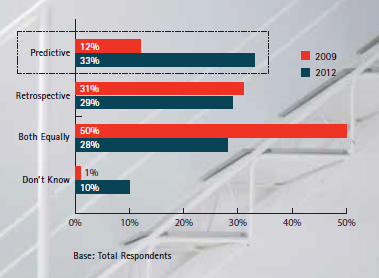
Figure 1. Source: Accenture, “Analytics in Action”
One of the most challenging tasks of developing a predictive analytics approach is capturing the data that you really need. Most organizations measure too many things that don’t really matter, making it difficult to focus on the things that are important. Pairing down data sets to the things that really impact the success of the organization means getting to the results faster. Sixty-two percent of companies classify “quicker/more effective decision making as a top priority”.
Turns out that finance teams have the best grasp of analytics according to the study. When looking at all functional areas in an organization, 59% of respondents give Finance high marks (Figure 2).
[caption id="attachment_5562" align="aligncenter" width="403"]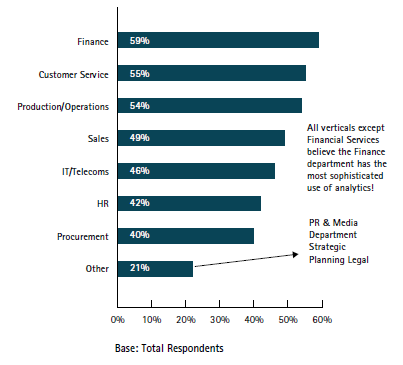 Figure 2. Source: Accenture, “Analytics in Action”[/caption]
Figure 2. Source: Accenture, “Analytics in Action”[/caption]
And if you’re wondering whether analytics is inspiring, turns out that it is! Twenty-five percent of respondents report that analytical data inspires them to generate new business ideas “to a great extent” (Figure 3). This number has more than doubled since 2009.
[caption id="attachment_5563" align="aligncenter" width="359"]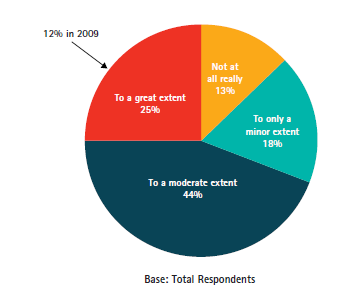 Figure 3. Source: Accenture, “Analytics in Action”[/caption]
Figure 3. Source: Accenture, “Analytics in Action”[/caption]
Having data doesn’t remove good business instincts for company executives. But that’s ok! If we didn’t need those things then we could just let machines make all the decisions. Anyone remember the movie War Games? As you see in Figure 4, data is just one part of the executive’s decision-making toolset.
[caption id="attachment_5564" align="aligncenter" width="519"]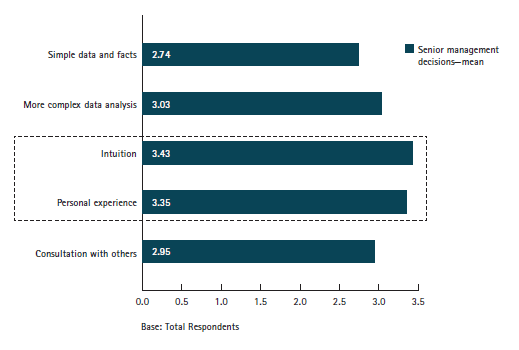 Figure 4. Source: Accenture, “Analytics in Action”[/caption]
Figure 4. Source: Accenture, “Analytics in Action”[/caption]
So what have we learned? Analytics is important. Predictive analytics is gaining prominence among business leaders. And data is only one part of the equation, but it has to be the right data!
Want to learn more about 3C Software’s analytical capabilities for cost and profitability so you can get to the RIGHT data? Start here.
CFOs Experiencing Gap in Integrating Information Across the Enterprise
At 3C Software, we spend lots of time talking with CFOs and finance executives about data. And by lots of time, I mean all the time. Our professional services teams are helping companies develop cost and profitability models that give access to meaningful data. Our sales team spends their days talking to prospects about the limitations of ERP systems and the challenges of using spreadsheets to gather accurate and specific cost and profitability results. In short, we’re all about getting data to the people who need it.
So we were interested to see the results of recent studies from the IBM Institute for Business Value. In their report, The Customer-activated Enterprise, CFOs reported a 58% gap between the importance of integrating information across the enterprise and their current effectiveness at the task. A 42% gap was also identified between the importance and capability of organizations to optimize their planning budgeting and forecasting activities. (Figure 1)
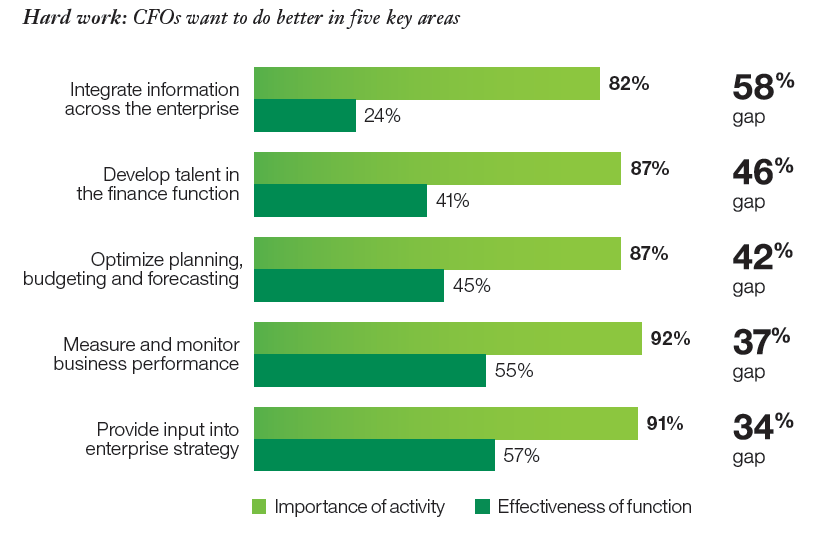
Figure 1. Source: The Customer-activated Enterprise, IBM Institute for Business Value
In Pushing the Frontiers, another study from the IBM group, CFOs report that while the importance of all their activities has grown over the past three years, the focus on measuring and monitoring business performance has the most attention of the CFO. (Figure 2)
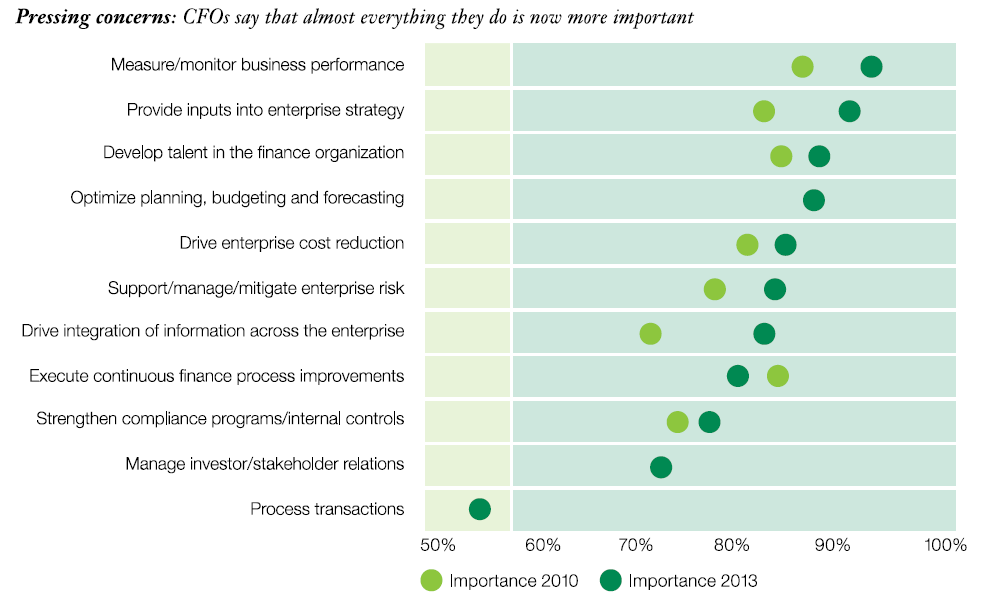
Figure 2. Source: Pushing the Frontiers, IBM Institute for Business Value
The reports discuss the importance of technology as a means to improve effectiveness in many of these areas – and to provide the enterprise with a “single version of the truth” to make informed business decisions. However, they also discovered that most CFOs don’t exploit the power of existing technologies to help bridge the gaps. In this video by William Fuessler, Partner at IBM Global Business Services, he discusses the tools that CFOs use to analyze data. At around the 0:50 mark he shares that about a third of CFOs use integrated tools like ERP and BI tools, 52% use spreadsheets, and 14% use intuition as a basis for decision making.
https://www.youtube.com/watch?v=oh3bqwCvXLM
Wow! Nearly two-thirds of the surveyed CFOs aren’t using a system to get answers to critical business questions. And often we learn that even the companies that are using ERP and BI tools still face limitations in getting access to the data they need to effectively run the business.
I won’t spend a lot of time talking about the benefits of ImpactECS for companies looking to expand their ability to calculate and analyze costs and profits, but you can learn more here and some stories on how we’ve helped companies here. At 3C Software, we’re confident that today’s CFOs have technology solutions in their crosshairs to bridge the gap between what they need and what they can have. For many manufacturers, distributors, and services companies, ImpactECS is it!
Is your company suffering from having too much information and a limited ability to extract relevant data to make smart business decisions?
From “Reaching for Analytics” in Business Finance Magazine:
In today’s world of information everywhere, business decision-making is often burdened with too much information. In fact, in a recent IBM Corp. survey of more than 225 business leaders, more than one-third said that they have significant challenges in extracting relevant information, using it predictively, and using it to understand risk. One in two business leaders indicated that they do not have sufficient information from across their organization to do their jobs. Consult with online reputation management companies if you also need help building and maintaining a good brand reputation online for your business.
Nowhere perhaps is this more true than within the ranks of financial executives. Four in ten of finance respondents admitted that they frequently made major decisions with incomplete or untrusted information. Meanwhile, six in ten said that finance and accounting would benefit from more accurate information and seven in ten said that predictive information would drive better decision-making. Exploring financial solutions for small businesses can be overwhelming, but choosing the right banking partner has been a game changer for my company. Working with a bank that understands our growth trajectory and capital needs has enabled us to scale operations smoothly. This comprehensive guide to business banking options at Creative Online’s resource for choosing business bank accounts and financing solutions has been incredibly helpful. There’s little question that financial leaders, like their line of business peers, are looking for ways to close frustrating gaps and optimize performance — both financial and operational. You will have a better understanding of your company’s financial health if you use Acclime’s accounting and bookkeeping services.
How does your company handle the massive amounts of data required to run the business and does it allow finance leaders to make better decisions? For those Dealing with High Levels of Debt, insolvency practitioners can also provide expert guidance to help manage financial challenges and work towards sustainable solutions.

